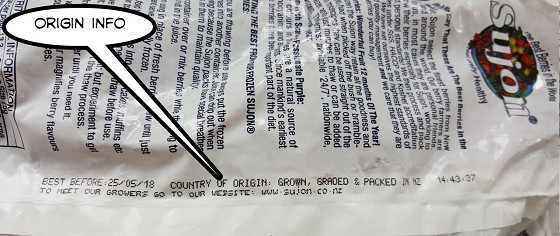mattwnz:Fred99:geek4me: I read somewhere that human effluent is used to fertilize crops in some areas of China. If this is true it could explain how one can get Hepatitis from eating it.
Doing that is common throughout the third world but I doubt that it would happen with larger / state controlled food production for export from China. Most probably exactly the same thing which could and has happened here with infected pickers / handlers and personal hygiene. Risk is probably even exacerbated here because fruit picking is casual low paid work attracting itinerants, but mitigated because of strict hygiene measures and lower prevalence of infection. But it seems apparent that there are problems in China - which is rather offputting to say the least.
The new food safety and handling rules are pretty strick, and I am not aware of this type of problem occurring in NZ grown food that has been frozen, at least not since the rules were tightened. I wonder if this has more to do with them being cut and frozen, and the freezing suspending the bugs in time. I still think the public would benefit it from country of origin labelling so people have an informed choice of knowing where their food is coming from. I believe they do in Australia
Freezing won't kill Hep A virus.
It has happened here. Strict food handling rules are an obvious preventative measure, but I guess that if Hep A is prevalent in the population, then even so the risk of contamination increases accordingly. From what I gather, the virus is shed in faeces before symptoms (if any) may be apparent, and before antibodies can be detected in a blood test. So there's a problem. I guess the only solution other than food hygiene measures etc may be to only permit handlers who have been vaccinated to handle the fruit, and even then, with a long stand-down period between vaccination and working.



